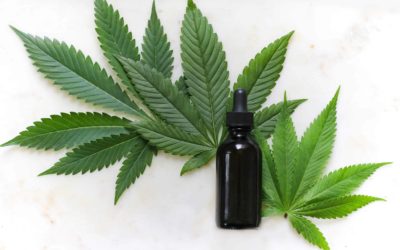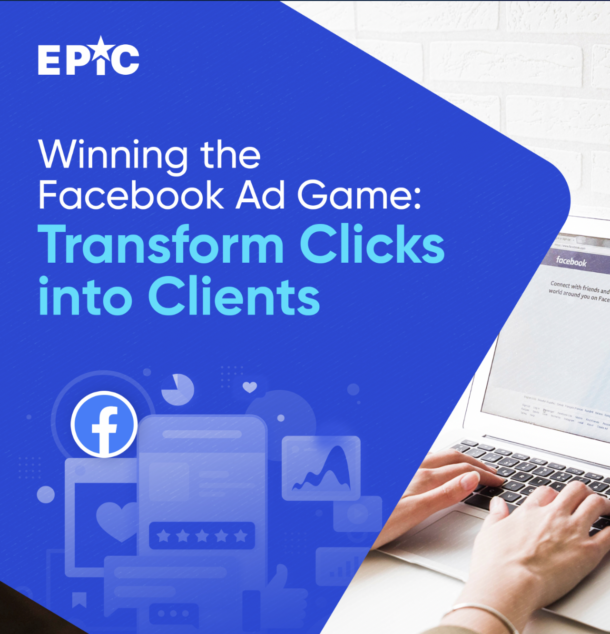It used to be that SEO was the most important thing for website owners. After all, for a site to be discoverable to new and potential customers, it has to rank high up on the search engines. But while a steady amount of organic traffic is a positive development, it’s equally important that it’s the right kind of traffic.
Some companies are so focused on ranking on Google that they forget why they need to rank up in the first place. Optimizing your website to convert is not only so that more people visit it but that more people also buy.
What is Conversion Rate Optimization?
If SEO’s role is to direct traffic to a website, CRO or Conversion Rate Optimization’s job is to turn those visits into a favorable action — whether it’s purchasing from your shop, subscribing to a service you offer, or filling up your forms with their personal information.
Your conversion rates are the prime indicators if your online presence is registering with people and engaging them. On average, reasonable rates for websites are between 2-4%. If you have 50 visitors, that 4% translates to 2 people who will perform an actionable task. Less than 2% and you need to be doing some major transformations on your pages.
How do you get high rates?
If your visitor finds out what he or she wants quickly and easily, it turns that visit into a positive user experience, which then leaves your visitor more likely to perform that action you want them to.
So, positive user experience = higher conversion rates.
If your rates are high, then congratulations! You’ve got a successful online and marketing strategy in place. If they’re low, you need to come up with a better strategy to engage and convince your audience more.
8 Tips For Optimizing Your Website To Convert
Before you can start optimizing your site to convert, don’t forget that your CRO strategy should work in tandem with your SEO one. Remember that you don’t want just any visitor. You want a visitor with the potential to become a customer.
Now to boost your conversion rate, here are some things you can do to improve your user experience.
1. Make your site compact.
Identify every element on your website, from the top navigation bar to the widgets in place. Do these add anything to your website or are they simply unnecessary distractions? Will removing them harm the user experience or make it more seamless?
If any element doesn’t add to your site, eliminate it. What you want is to offer your visitor a concise and easy-to-navigate webpage.
2. Add a search feature to your site.
Search boxes make it easier for users to navigate a site, particularly if they have something specific in mind and your eCommerce website is large. Up to 30% of visitors will need a search tool, and these tend to be highly motivated visitors with the potential to convert.
3. Keep those forms simple.
The average rate of form abandonment is nearly 68%. We’re not just talking about forms for email signups or customer service inquiries, but we also mean checkout forms. If the form is too long and requires more information than is needed, your potential customer may just well abandon the form — and his cart.
According to HubSpot, the average length of a web form is about 5 fields. Consistent studies show that fewer form fields will usually result in higher conversion rates, and those that get A/B tested tend to convert about 10% more than those that are not.
4. Personalize your CTAS.
Call-to-actions are those buttons and links in your website that tell users what they need to do and where to go. CTAs eliminate decision fatigue by simplifying the user journey.
The click-through rate of CTAs is around 4% only on average. But when you add personalization, those CTAs were found to convert 202% better than the average default CTA. It’s because “smart” CTAs are serving people content that reflects their own interests.
5. Add customer reviews.
Fact: Consumers read online reviews before buying. They want to hear from others who have bought the same product or availed of the same service.
In one Forbes article, it was suggested that having at least 5 customer reviews on your site will increase the likelihood of purchase by 270%. That’s a big leap in sales from something that you can get for free.
6. Use pop-ups but in moderation.
According to these statistics, pop-ups add an average conversion rate of 3.09%. This might seem small but imagine the number of traffic on your site. If you have 1000 visitors, then you have 30.9 people who will subscribe to your newsletter, try your service or product, or purchase.
Pop-ups work, but you have to think carefully about where you place them. Wrong placement or too many of these, and you risk annoying your visitor.
7. Make sure your site loads quickly.
Your site speed matters. A lot. For every additional second it takes for your site load, your conversion rate drops by 4.2%. Make sure to test your site speed and have a developer resolve your website issues.
8. Follow-up on abandoned carts.
The main goal of optimizing your website to convert is to get your sales up. Consider those users who abandoned their carts as the best among all of your leads. They’ve already shown a vast amount of interest by starting a transaction but for whatever reason did not complete it.
A single follow-up email can help you recover those lost sales by up to 29.9%! You can also do personal outreach or do on-site push notifications as alternatives.
Make your website work for you.
Optimizing your website to convert may seem like a lot of effort, but putting in the work will help your business grow immensely. Converting more of your website traffic can dramatically improve your revenue and reduce your costs.
If you are not sure how to begin to implement these strategies, hire a professional to help. Epic will provide you the best combination of approaches that lead to greater website traffic, improved customer experiences, and increased online sales.
Contact us at (888) 498-5361 or drop us a message to know more.







